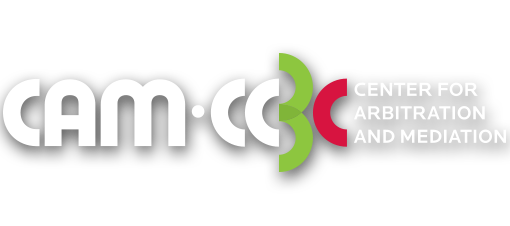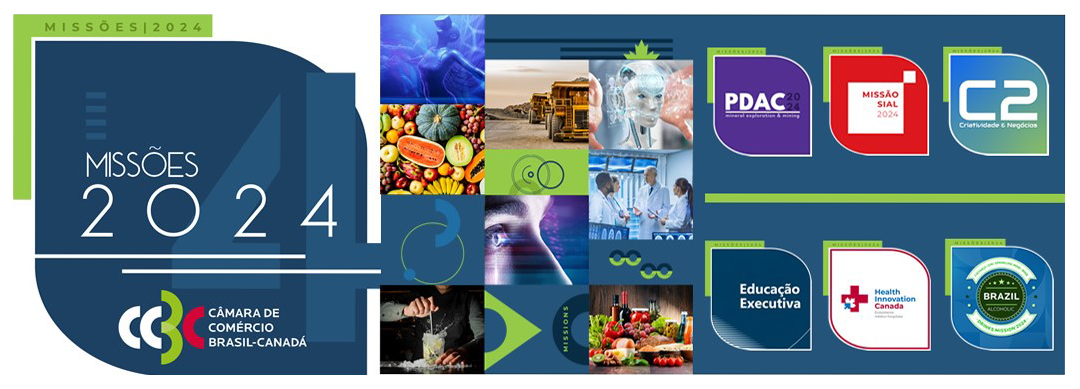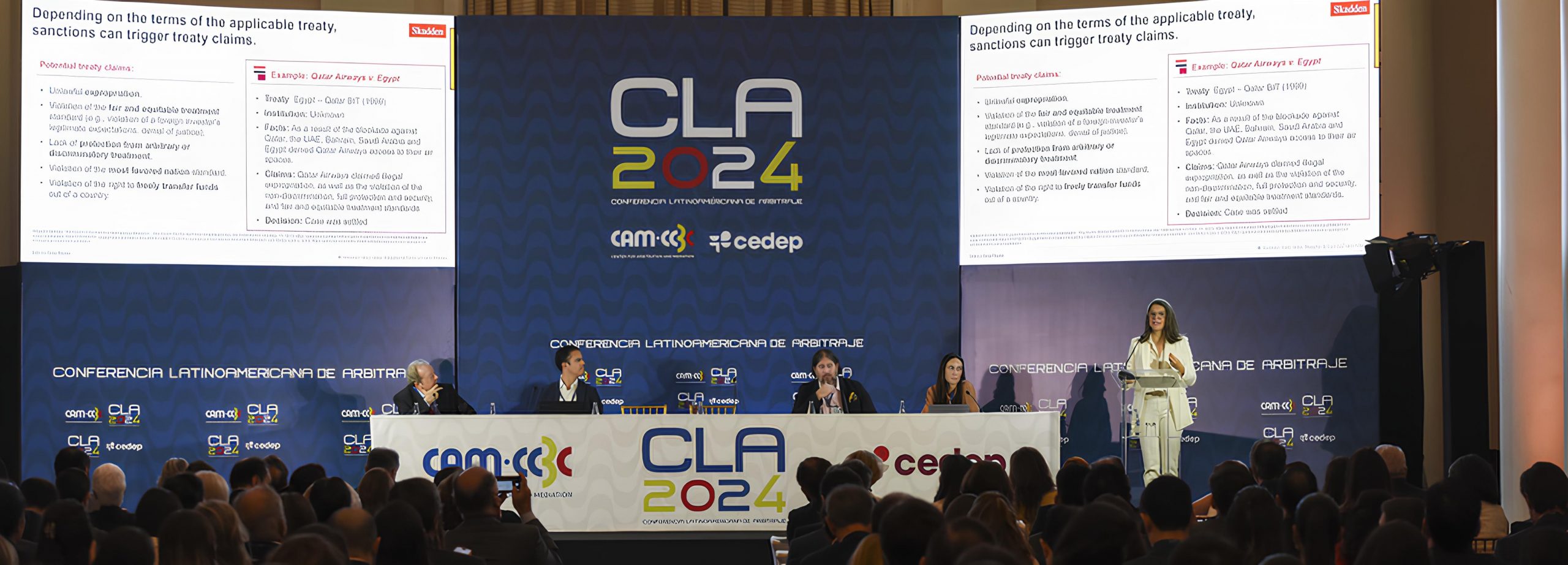Ecosystem and advantages of the country for the development of new businesses were highlighted during the phygital Innovation Weekend festival
By Estela Cangerana
Canada has consolidated itself in the last decades as one of the main launching platforms for global business. First-world infrastructure, cutting-edge technology, qualified labor, access to financing and trade opening agreements with hundreds of countries are some of the factors that lead thousands of entrepreneurs every year to bet on innovative ideas from there. These and other reasons also drew the attention of the audience that participated, at the end of September, in the Innovation Weekend, a Brazilian festival of innovation and business that had Canada as one of its great attractions.
There were three lectures in a row on Saturday afternoon, Sept. 26, the first day of the event, which addressed the opportunities that Canada offers. They addressed issues such as the composition of Canadian ecosystems, innovation, creative economy and entrepreneurship in the country. To talk about these topics, government representatives, businessmen who have already walked the path of internationalization via Canada and specialists in immigration, acceleration and development of international startups were invited.
The creative economy sector, for example, is an important business in the country, moving around CAD 55 billion per year and accounting for approximately 3% of the Canadian Gross Domestic Product (GDP). Only in the gaming sector, more than 470 companies are active, with new ventures emerging every day. Many of them are attracted to the Quebec region which, along with Ontario and British Columbia, form the country’s three creative clusters.
In addition to games, activities related to film production, virtual reality, graphic design and entertainment technologies also find a very promising and structured environment for the entire chain, as explained by the Director for Economic Affairs of the Quebec Government Office in São Paulo, Thais Aun. She presented the province possibilities and structure on a panel next to businessman Ed Morais, founding partner of the travel agency Bem Experiences and Plugin City.
In the city of Montreal, for example, it is also located one of the main research and development hubs for Artificial Intelligence (AI) in the world. And entrepreneurs interested in launching their businesses from there have centers of innovation, collaboration and acceleration such as District 3 (D3), which has already impacted more than 600 startups and has a community with 12,000 members. The accelerator keeps registration for selection open all year and offers specific programs like Biohub.
“In Canada, when startups are born, they already have an international mindset, because we are talking about a rich, but small country, it is necessary to internationalize”, commented the global head of partnerships at D3, Gisleine Silveira.
Along with her, Ideality’s founder and CEO, Luis Otavio Barrionuevo, business consultant, mentor and coach, presented the many opportunities of the Toronto-Waterloo corridor. In the course of just over 100 kilometers there are 16 universities and colleges, about 6 million people, who speak 150 different languages. The data gives an idea of the high diversity of the region, which is the fastest growing in performance figures of startups and has established itself as the 2nd largest pole in the sector in North America.
To avoid mistakes
To succeed in developing a new business or internationalize an existing startup from Canada, however, a good start may be to hear the tips from those who have walked this path before. The experience of entrepreneurship in the country was also one of the popular themes of the Innovation Weekend schedule, with the panel in which the founder and CEO of the application Filho Sem Fila (Quick Pickup), Leo Gmeiner, and the lawyer specialized in immigration Marc-André Séguin, partner at Exeo Advogados participated, mediated by the founder and CEO of the Dream2B venture building, Regina Noppe.
Noppe, who has already helped bring more than 40 companies to Canada, highlighted the importance of having the right partner from the beginning of the project. “Even if your business is successful in Brazil, you need to do your homework properly. There are many ways to explore Canada and a partner experienced in the country saves a lot of work to find out which one is right for you,” he said.
“You need to understand how things work, because in any country you go, you have to adapt permanently. There are companies and institutions that can support you. CCBC helped me a lot, including searching for prospects and customers,” added Gmeiner.
Canadian immigration programs, for example, offer more than 80 possibilities. The well-known Startup Visa, for entrepreneurs, is one of them, as highlighted by Séguin.
The Innovation Weekend was organized by Associação Riograndense de Propaganda (ARP), curated by the Innovation Center, and supported by CCBC. In 2020, the festival took place for the first time in phygital format (physical and digital), through a virtual platform, bringing together more than 3,000 people to reflect on the theme “Time to come, tomorrow is now”.





